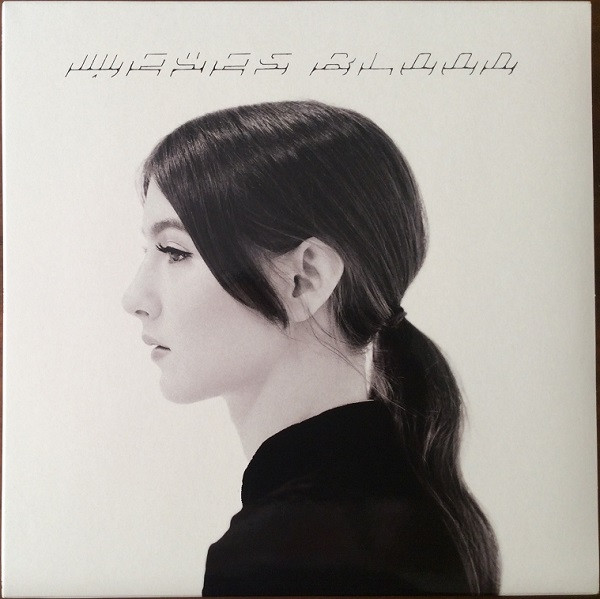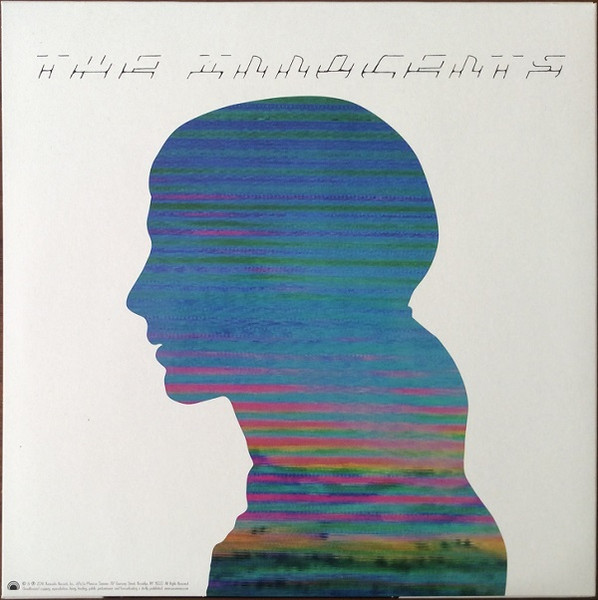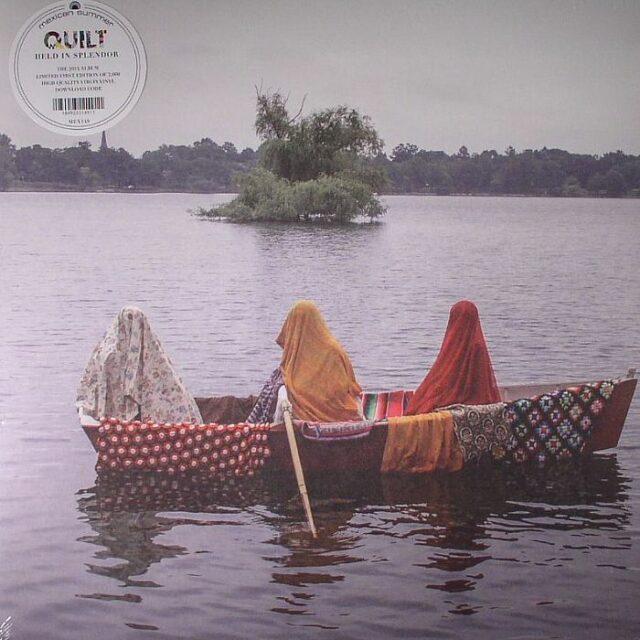Description
2015 repress, 12″ LP, Mexican Summer.
There exists a terrifying film called The Innocents, starring Deborah Kerr, released in 1961. It’s based on a play of the same name, which in turn was an adaptation of Henry James’ novella The Turn Of The Screw. All versions involve a governess hired to care for two young children, who may or may not be possessed by the ghosts of the couple who looked after them in the past, a couple whose deviant nature destroyed the lives around them (including their own). Those who’ve had occasion to watch the film version haven’t easily forgotten the opening credits: as you sit in complete darkness (or some reasonable facsimile thereof … c’mon, work with us), and well before the studio logo is displayed, you hear a little girl’s voice, unaccompanied, singing these words: We lay, my love and I, beneath the weeping willow. But now alone I lie and weep beside the tree. Singing “O Willow Waly” by the tree that weeps with me. Singing “O Willow Waly” till my lover return to me. We lay, my love and I, beneath the weeping willow. A broken heart have I. O willow, I die… O willow, I die. The film’s credits roll on, screen right, as the image of Ms. Kerr, praying and sobbing, is superimposed on the left. That sequence puts you on the back foot and keeps you there, even as you begin to doubt the events of the story that follows, lingering on like mist, heavy and earthbound. Henry James would’ve wanted it that way. Tired of the ways in which authors had depicted the supernatural, the author extrapolated their evil nature out of elements you’d never expect, or in his own words, “the strange and sinister embroidered on … the normal and easy.” And his notions of how to represent these tropes have since fed into our familiar understanding of how suspense works as a narrative device in the centuries that followed. James made us all more suspicious; where we find beauty and sadness, we often assume that it has been influenced by some spectre whose bent will keeps its presence.


